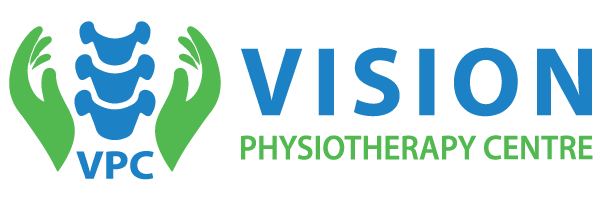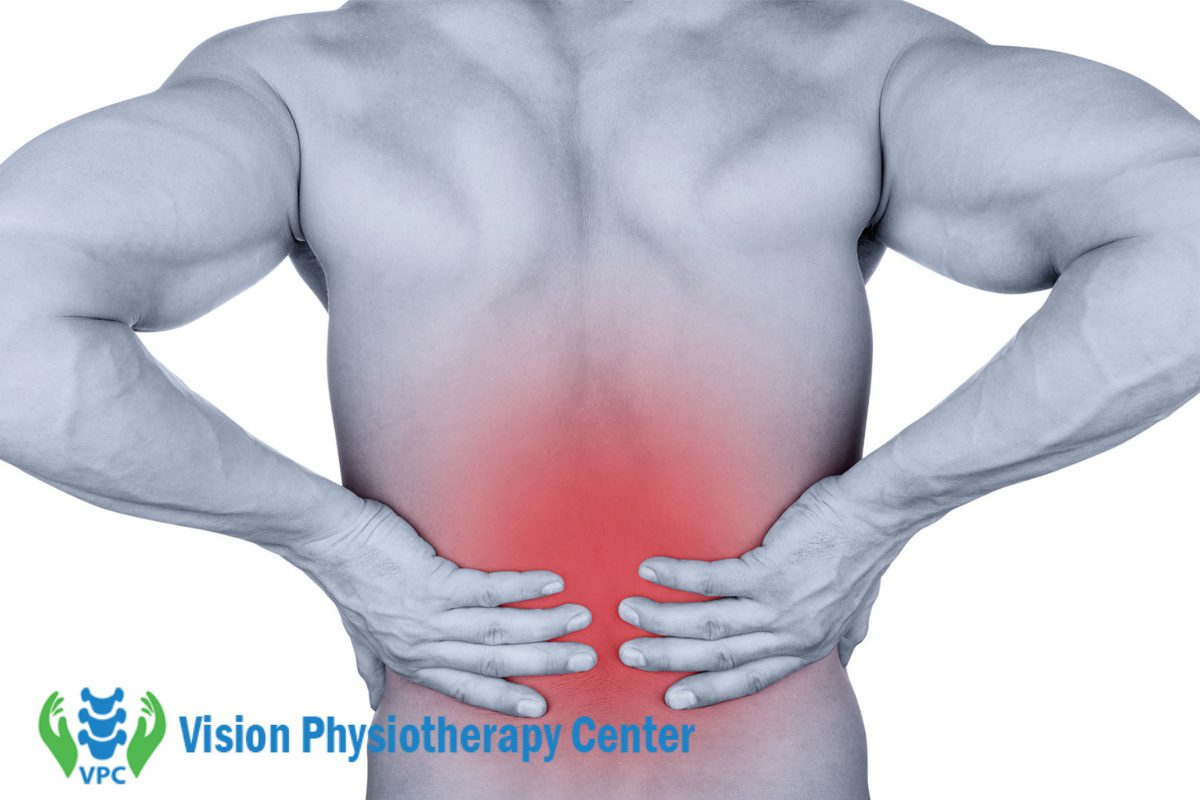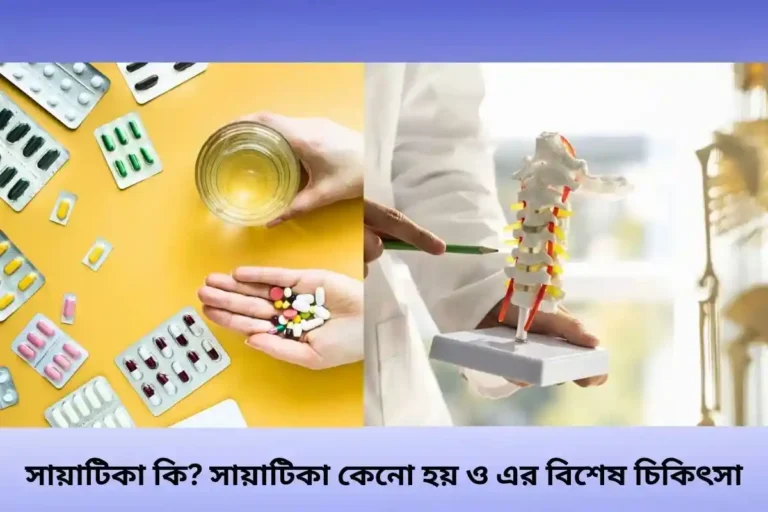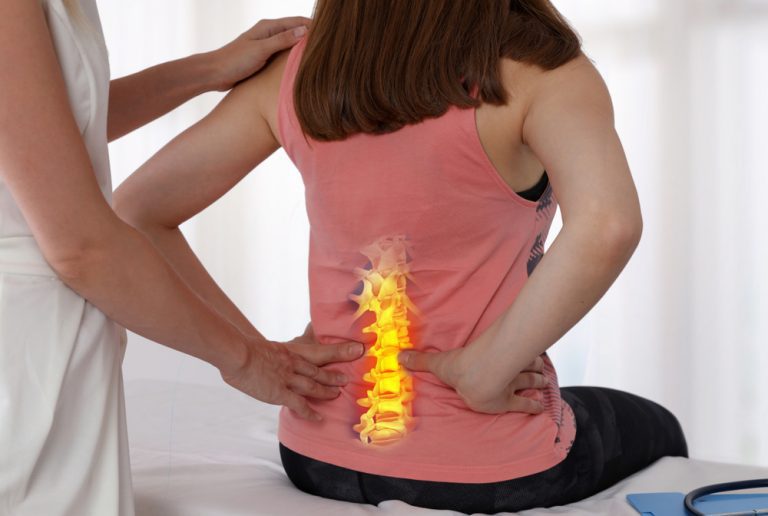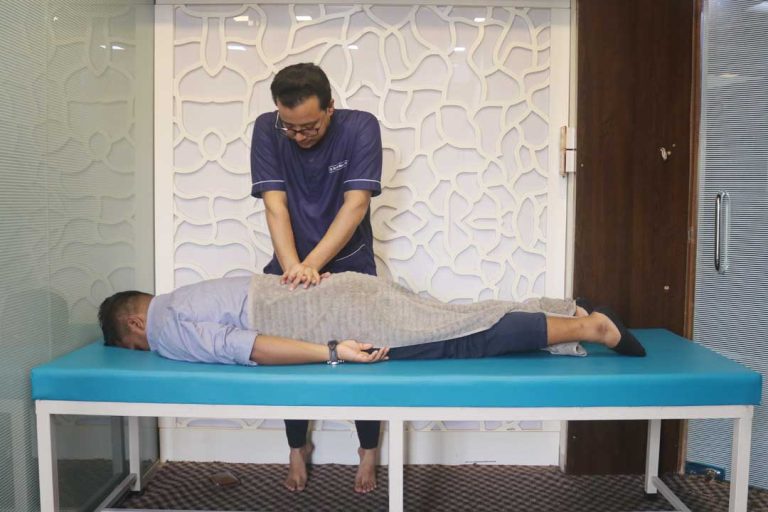Introduction
Lower back pain can be managed with self-care measures, such as rest and over-the-counter pain relievers or medication, there are times when it is important to seek help immediate medical attention.
The circumstances under which you should see a doctor for your back pain, including the severe symptoms that may indicate a more serious condition and the importance of underlying medical attention following an injury. In this article, we have discussed, when to see a doctor for lower back pain.
How Do I Know If My Lower Back Pain Is Serious?
Many people experience lower back pain at some point in their lives. Most cases can be managed with self-care, but sometimes it can be a sign of a serious underlying condition. If your lower back pain is severe, persistent, or comes with other symptoms like numbness or tingling in your legs, it may be a sign of something more serious like a herniated disc, spinal stenosis, or even a tumor.
If you suddenly experience severe back pain after an injury, like a fall or car accident, it’s important to see a doctor for back pain as soon as possible to rule out serious injuries like fractures. If you’re not sure whether you need medical attention for your lower back pain, it’s always best to seek medical advice.
What Symptoms Associated With Back Pain Should Prompt You To See A Doctor?
People of all ages and lifestyles can experience back pain, which is a common cause of back pain. Most cases of back pain can be treated with self-care, but some symptoms may indicate a more serious underlying condition that needs a medical emergency. If you feel numbness, tingling, or weakness in your legs with your back pain, it may be a sign of nerve pain or compression.
Additionally, if you experience unexplained weight loss, fever, or night sweats together with your back pain, it may be a sign of a spinal infection or tumor. If your back pain is severe and lasts for more than a few weeks despite self-care, it may be a sign of a more serious condition like a herniated disc or spinal stenosis. If you have any of these symptoms with your back pain, see a doctor about back to find out the cause and receive appropriate treatment.
When Should I Not Ignore My Lower Back Pain?
Lower back pain is something that many people experience pain. It can be just a little bit uncomfortable or it can really hurt and be worse at certain times. Usually, back pain doesn’t too serious and you can take care of it yourself without treatment. But sometimes, you need to visit a doctor to get help. If you have other things happening, like your legs feeling numb or tingly, or you feel weak, then it might cause back pain.
If you had an accident and your back hurts, you should see your doctor to make sure you didn’t break anything. If your back pain is really worsening or it’s been happening for a while, you shouldn’t ignore it. It could be something more serious, like a problem with a disc in your back or something else. If you’re not sure what to do, it’s better to be safe and call your doctor or see a physician.

What Is The Most Common Cause Of Lower Back Pain?
Lower back pain is a common ailment that can affect people of all ages and lifestyles. There are many potential causes of lower back pain, including muscle strain, joint pain, sciatic nerve, injury, or underlying health conditions. While most cases of lower back pain may resolve on their own with self-care measures, some symptoms associated with lower back pain should prompt you to go to a doctor. Back pain can also be a symptom of serious health conditions such as cancer, osteoporosis, or infections. Additionally, back pain can sometimes be a sign of a herniated disk or spinal stenosis.
However, the most common cause of lower back pain is mechanical or non-specific low back pain, which accounts for up to 90% of cases.
This type of lower back pain is typically caused by damage or strain to the muscles, ligaments, or discs in the back, often as a result of overuse or improper lifting technique. While mechanical low back pain can be uncomfortable and even debilitating, it is usually not serious and can be managed with self-care measures such as rest, ice, and over-the-counter pain medication.
If you experience pain that might worsen over time or doesn’t improve with self-care measures, pain that radiates to other parts of your body, pain that interferes with your daily activities, or any other symptoms that concern you, it is important to seek medical attention to identify the underlying cause and receive the right treatment.
When To See A Doctor For Lower Back Pain
Lower back pain has many causes such as muscle strain, herniated disk, or a serious medical condition. Some lower back pain can be treated with rest and over-the-counter pain medication.
But if it is severe or persistent, it is important to see a doctor. You should also be checked by a doctor if you have numbness, tingling, or weakness in your legs.
If you got your lower back pain from an injury, seek medical attention immediately to make sure you don’t have any serious injuries. If you’re not sure if you need to see a doctor, it’s best to get urgent medical advice.
What Doctor To See For Lower Back And Hip Pain
If you are experiencing lower back and hip pain, there are several healthcare providers who can help diagnose and may be able to treat your condition. Depending on the severity and underlying cause of your pain, you may need to see a primary care physician, a physical therapist, or an orthopedic specialist.
Your primary care physician can help rule out any serious underlying conditions and provide initial treatment recommendations, while a physical therapist can help you with exercises and stretches to relieve pain and improve flexibility.
If your lower back and hip pain is the result of an injury or structural issue, an orthopedic specialist may be able to provide more specialized care, including imaging tests and surgical intervention if necessary. It’s important to seek medical attention for your lower back and hip pain to ensure proper diagnosis and treatment.
Final Thought
Lower back pain and hip pain can significantly impact your daily life and activities. While some instances of pain can be managed with self-care measures, it is important to seek medical attention if the pain is severe, persistent, or accompanied by other symptoms.
Seeing a healthcare provider, such as a primary care physician, physical therapist, chiropractor, or orthopedic specialist, can help diagnose and treat the underlying cause of your pain and provide treatment options that work for you. Don’t hesitate to seek medical attention for your pain and take steps towards living a pain-free life. In this blog post, we have discussed when to see a doctor for lower back pain.
Written by.
Dr. Saiful Islam, PT
BPTh (DU), MPTh (Orthopedics) – NIPS, India
PG Certificate in Acupuncture, India
Specially trained in Ozone Therapy, USA and Ozone Forum, India.
Physiotherapy Consultant, Vision Physiotherapy Center.
To consult: 01760-636324 , 01932-797229 (9:00 AM to 9:00 PM) and make an appointment.
Our Facebook page: Vision Physiotherapy Center

